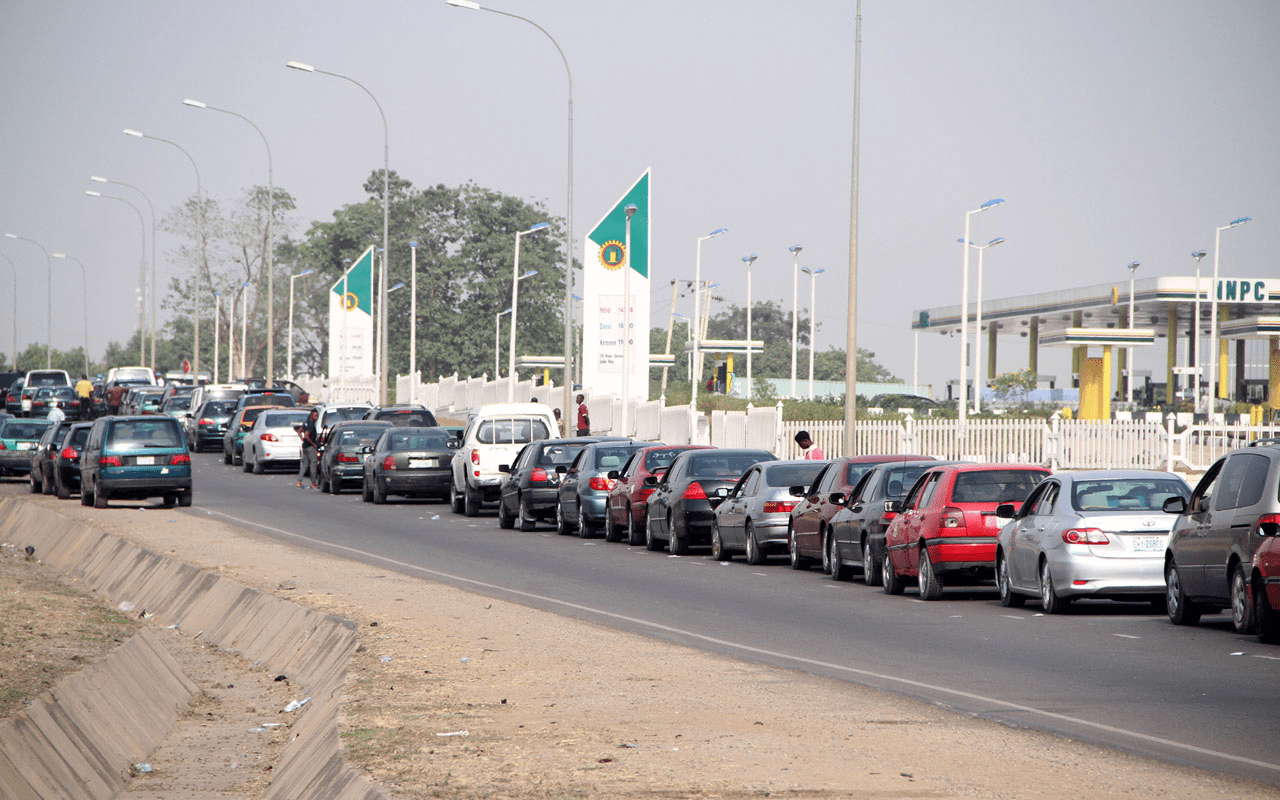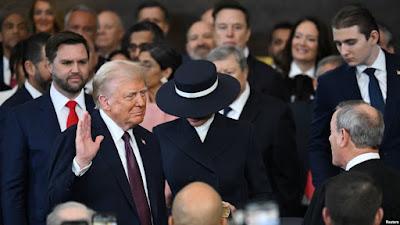The Federal Government through its Nigerian Midstream and Downstream Petroleum Regulatory Authority may return to the overseas supplier, the contaminated Premium Motor Spirit, popularly called petrol, which was imported into the country by the Nigerian National Petroleum Company Limited.
Oil marketers estimated that about 100 million litres of contaminated petrol were imported into Nigeria and had been recalled by the Pipelines Product Marketing Company, a subsidiary of the NNPC. The recall caused severe queues in Abuja, Lagos, Niger, Nasarawa and many other states, as the few petrol outlets that dispensed products were crowded by motorists and other PMS users.
Many other filling stations were shut down on Tuesday for lack of products to sell, while black marketers greeted various major roads in Abuja, selling products to interested consumers. It was also gathered that though efforts were being made to address the concerns, the queues and shortage of petrol might drag till this weekend. The NMDPRA said in a statement it issued in Abuja that limited quantity of PMS with methanol quantities above Nigeria’s specification was discovered in the supply chain.
NNPC increases supply to bridge supply gap, recalls polluted fuel. It said methanol was a regular additive in petrol and usually blended in an acceptable quantity, adding that contaminated product had been isolated. The statement read in part, “To ensure vehicular and equipment safety, the limited quantity of the impacted product has been isolated and withdrawn from the market, including the loaded trucks in transit.
“Our technical team in conjunction with the NNPC Limited and other industry stakeholders, will continue to monitor and ensure quality petroleum products are adequately supplied and distributed nationwide. The source supplier has been identified and further commercial and appropriate actions shall be taken by the authority and the NNPC Limited. The NNPC Limited and all oil marketing companies have been directed to sustain sufficient distribution of petrol in all retail outlets nationwide.”
Nigeria does not refine crude oil due to the dormancy of its refineries, hence the NNPC imports the commodity from international refiners. This implies that the source supplier is an overseas firm. The NMDPRA further stated that the NNPC had intensified efforts at increasing the supply of petrol into the market in order to bridge any unforeseen supply gap.
When specifically asked whether the NNPC would return the contaminated petrol to the supplier, its spokesperson Garba-Deen Muhammad, referred our correspondent to the NMDPRA statement where it talked about the identification of the source supplier. Also, industry sources stated that the standard thing to do was to inform the source supplier and possibly return the product to it based on the terms of agreement reached between parties.
On measures adopted to ensure that the product did not further get to consumers, the National President, Independent Petroleum Marketers Association of Nigeria, Debo Ahmed, stated that IPMAN had alerted all its units. He said, “We’ve discussed with all our zonal and unit chairmen to tell their members not to sell the products. And some of the products that got to the depots were not released to the public. So, on our part we’ve taken that precaution and we are waiting for the PPMC to call the trucks back to evacuate the products. So, majority of the products are in the depots.”
On whether the volume of the contaminated products was much, Ahmed replied, “Well, I don’t know the exact volume, but what I know is that we lifted from various depots in Lagos. But we don’t know the quantity, they say it is about 100 million litres or so.” On ways to avoid a recurrence of such situation, Ahmed stated that the agencies of government should carry out thorough inspection on products before releasing them to the Nigerian market.
He said, “The PPMC has the whole gamut of officers, the NMDPRA has to take care of the quality through its sections on quality and safety. And even at the depots, before they load, there should be preloading and after-loading inspection. They have to know the quality of the product before sending it out. But I think there was a mix-up somehow and the PPMC has already accepted that it is from their place and that they will evacuate the whole product.
“So, they stopped most of the trucks from going out when they discovered the situation, and these trucks are right now in the depots.” On his part, the President, Petroleum Products Retail Outlets Owners Association of Nigeria, Billy Gillis-Harry, said PETROAN was still looking for solutions to address the scarcity caused by the imports of contaminated products.
He, however, noted that the queues across the country might drag till the weekend, as the impact of the recalled products would be felt in the supply chain. “We are trying to see how the situation can be remedied so that the country don’t run into any kind of crisis, but we see it dragging and hope that before the close of this week we will find a solution to it,” he stated.





